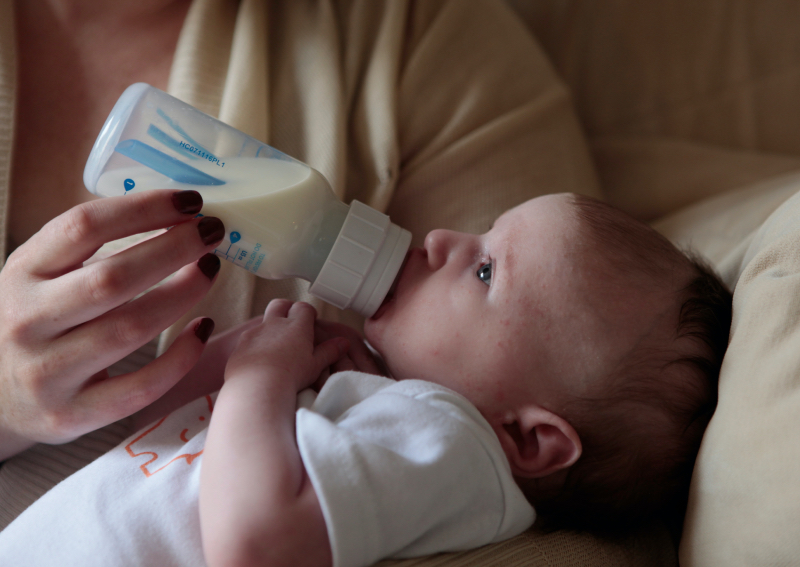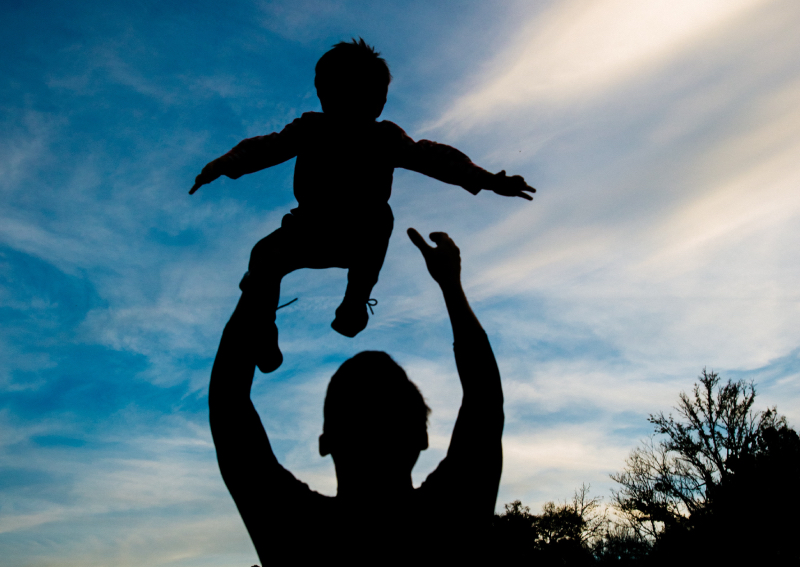9 baby-care myths every new parent should stop believing

Fact: Sleep patterns vary greatly. Statistics suggest that only about half of all babies sleep through the night by the age of five or six months; some don’t do so even at one year.
She (and you) will get an unbroken night’s sleep when she is ready for it.
Fact: It’s true that a carrier allows you to go “hands free” and also brings your little one close to your chest, which can help her fall asleep.
But as time passes, she’ll naturally grow out of this method because she would much rather be able to move and look around without restriction.

Fact: Swaddling your little one in a blanket keeps her warm. Her sense of security, however, comes from knowing that she is loved, not the way her blankets are arranged.
Help her feel secure by soothing her when she is upset and by giving her loving attention.
Fact: Feeding provides important nourishment for your baby and satisfies her hunger. It is an instinctive reaction, yet it also provides comfort to her.
That’s why she sometimes sucks for milk even though she obviously doesn’t really want it; the sucking motion helps relax her.

Fact: There is no evidence to support that myth at all.
What matters is the way you hold your baby during feeding, the loving way you handle her, and the soothing words you use with her.
The feeding method itself has no specific effect on bonding.
Fact: Bonding between you and your baby doesn’t have to occur at birth.
True, some parents do feel a close connection with their newborn the moment they first meet. But mostly, bonding takes days, weeks or even months.
So there is plenty of time to let your relationship develop naturally.
Fact: Of course, she wails when she needs milk. But the reality is that there are many possible reasons behind her tears.
She might simply be uncomfortable, scared, or bored, for instance.

Fact: That’s mostly because mums typically spend more time with their babies compared to dads.
But if the men are just as hands-on with baby care duties, they will share a strong bond with the little ones, as well.
Fact: A baby who can sit up on her own is also able to sit on a potty; and at some point while sitting on it, she will empty her bladder and bowels into it.
But she has no control – she can’t get on and off the potty by herself. As soon as she walks, she’ll cease to be “trained”.
This article was first published in Young Parents.